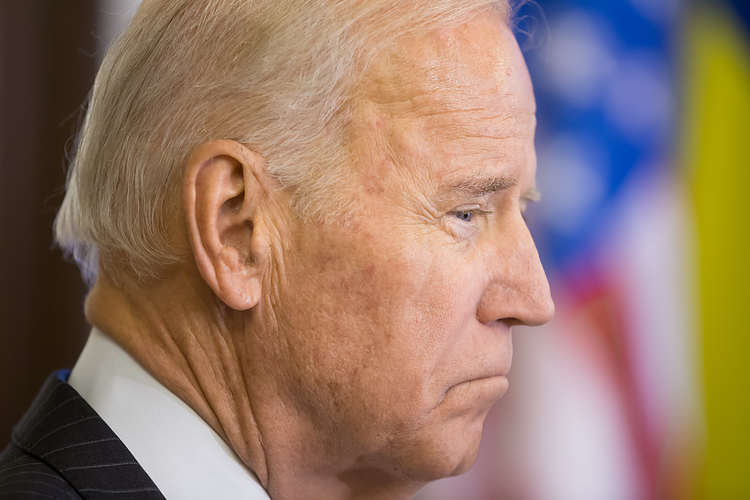In his recent statement following the release of the February PCE report, US President Joe Biden highlighted the progress made in the fight against inflation. He pointed out that annual inflation had decreased by nearly 30% since this past summer, all while unemployment remained low and steady growth was maintained. Despite these positive developments, he acknowledged that there was still more work to be done and that his administration was committed to ensuring families had more financial leeway.
One aspect that he praised was the low food inflation rate of February, which was the lowest it had been in almost two years. This is undoubtedly good news for American consumers who will be able to stretch their grocery budgets further.
Biden’s statement also emphasized the importance of investing in America from the middle out and the bottom up. He warned against turning back to trickle-down economics, which would involve cutting critical programs that many American families depend upon such as American manufacturing. Additionally, he expressed concerns about proposals that would provide tax cuts for the wealthy, Big Pharma, and Big Oil.
Furthermore, the president underscored the risks of a potentially chaotic default situation, which he believes would be the last thing the American economy needs at present. He called on all parties to take any threats of such action off the table in order to provide more stability and continuity for the economy.
While both inflation and unemployment rates have improved since last year’s pandemic-induced economic downturn, there remain economic concerns in the US. Despite the progress made, there is still lingering uncertainty over the path of economic recovery. Many businesses have had to shutter their doors permanently, and many individuals have lost their livelihoods. There are also concerns about whether the currently robust consumer spending will be sustainable in the long run.
As a result, many economists are urging the US government to provide more support to keep the economy afloat. This includes increasing public spending and providing subsidies to struggling businesses, particularly those in the service sector, which may have been hit hard by changing consumer behavior amid the pandemic. These efforts could include enhancing public infrastructure development and increasing investments into crucial areas such as healthcare and education.
However, there are concerns about how such measures would impact the federal deficit. Critics argue that increasing public spending without offsetting it with other revenue-generating measures, such as tax increases or cutting subsidies to the wealthy, may exacerbate the deficit issue.
The debates over economic policy points to a larger divide between the priorities of the two major political parties in the US. Republicans often advocate for policies that prioritize lower tax rates and decreased government spending in order to encourage economic growth, while many Democrats believe that government intervention is necessary to address economic inequalities and provide marginalized populations with equal opportunities.
As the situation in the US continues to evolve, it remains to be seen what paths policymakers will take to guide the economy through the ongoing crisis. One thing is certain, however – the American public’s financial well-being will remain a top priority for the Biden administration, and the president will continue to take a strong stance to ensure greater stability and progress in the economy.


